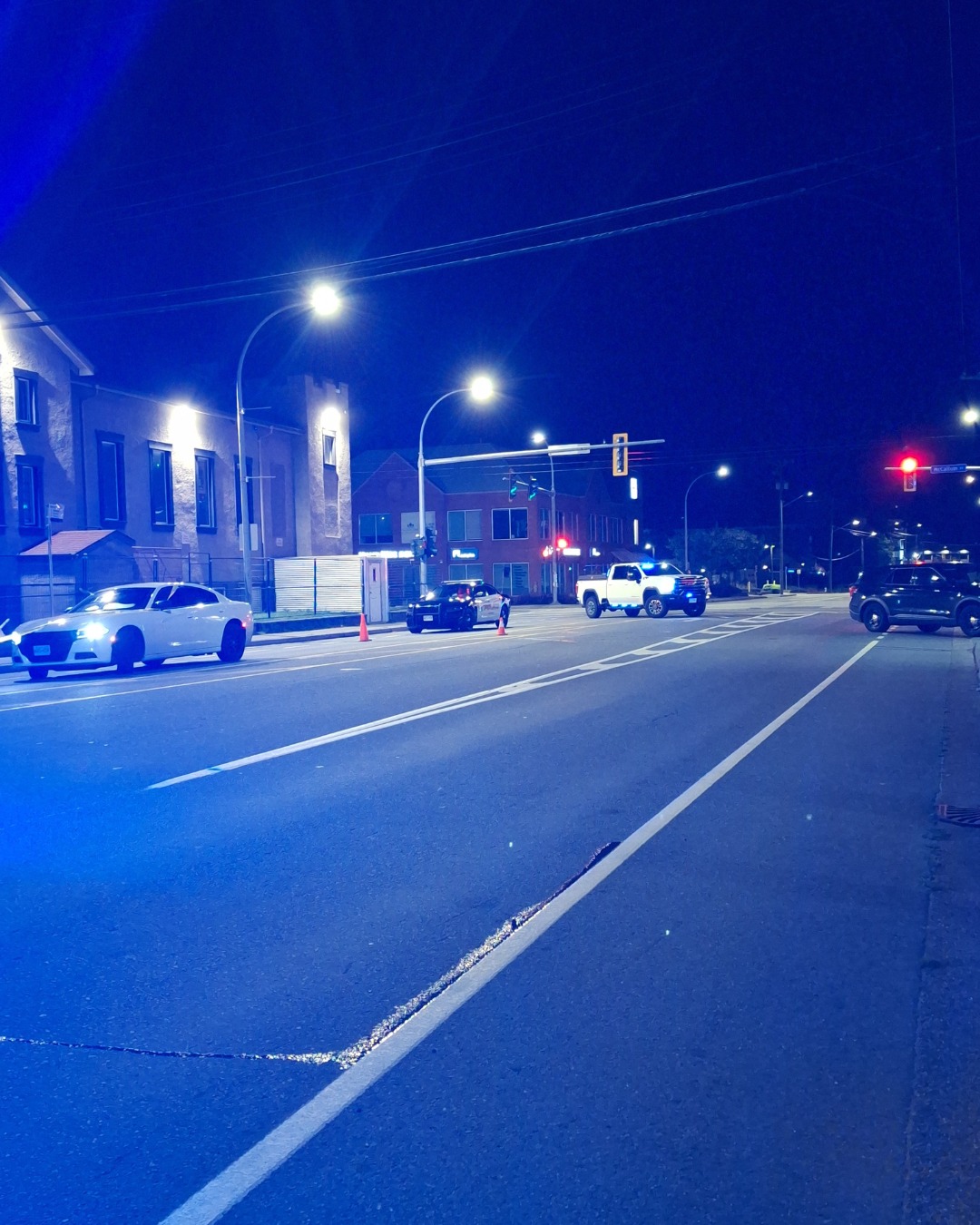Chilliwack (Patti MacAhonic/Ann Davis Society) – Patti MacAhonic, the Executive Director for the Chilliwack-Hope branch of the Ann Davis Transition Society has weighed in on a thorny Provincial Election campaign issue.
As per the controversy surrounding the comments regarding free contraceptives MacAhonic thought it would be good to have you see the advocacy efforts made in both ridings on behalf of women from Ann Davis Transition Society.
MacAhonic says she did send receive a response from John Martin.
Here is her letter dated January 20, 2020:
Dear Premier John Horgan,
I am writing to you today on behalf of Ann Davis Transition Society to ask you to support our request to the BC Government for incorporating the cost of free contraceptives to women in BC, in the upcoming budget.
A cost-benefit analysis conducted by Options for Sexual Health in 2010 estimates the B.C. government could save $95 million a year if it paid for universal access to prescription contraception. It would also promote equality, giving young people and those with low incomes
the same choices as those who are able to pay for their preferred method of contraception.
Contraceptive methods vary in effectiveness for best options for women and we don’t that money should be a factor in deciding on the best option.
Sixty-one percent of pregnancies are unplanned, which can have a “huge ripple effect” on a woman’s life, particularly if she is already struggling to get by. This ripple effect spans across the lifespan of both mother and child in that they may be relegated to living in poverty. The latest
BC Poverty Report Card released January 14, 2020 shows that 1 in 5 children in our province lives in poverty. When women have interrupted careers it translates to a lesser pension. This is reflected in the high rate of poverty for women seniors in this province. This issue is a gender equity issue. Contraception costs usually fall on women, as well as the costs of the pregnancy. Also, family costs often revert to the women as well along with the lifetime related costs.
Providing free prescription contraception would help reduce some of the stigma that still exists around birth control. School-age girls trying to get a prescription without their parents’ knowledge may be prevented by a lack of money. In May, the Canadian Paediatric Society released a position statement identifying cost as a “significant barrier” to using contraception for youth.
AccessBC pointed to several European countries that subsidize universal access to contraception in some way, including the United Kingdom, France, Spain, Sweden, Denmark, the Netherlands, Italy and Germany. Many programs are revenue-neutral when the cost of an unintended pregnancy is considered.
In 2015, a study in the Canadian Association Medical Journal estimated the cost of universal contraception in Canada would be $157 million, but the savings, in the form of the direct medical costs from unintended pregnancy, is as high as $320 million.
We firmly believe this makes sense both socially and economically and thank you for consideration of our request to support our position in the upcoming BC budget.
Sincerely,
Patti MacAhonic, MBA
Executive Director
Ann Davis Transition Society






